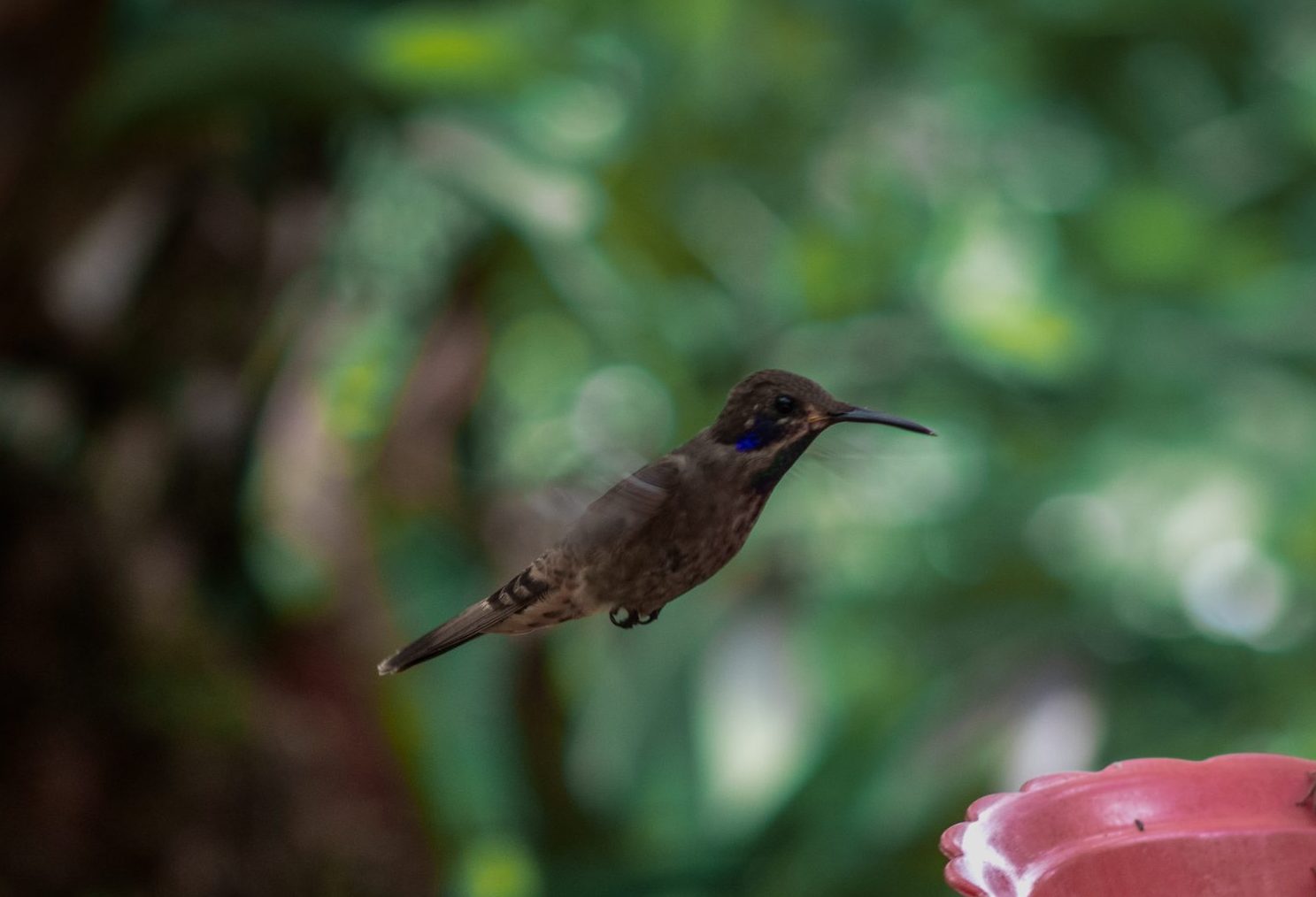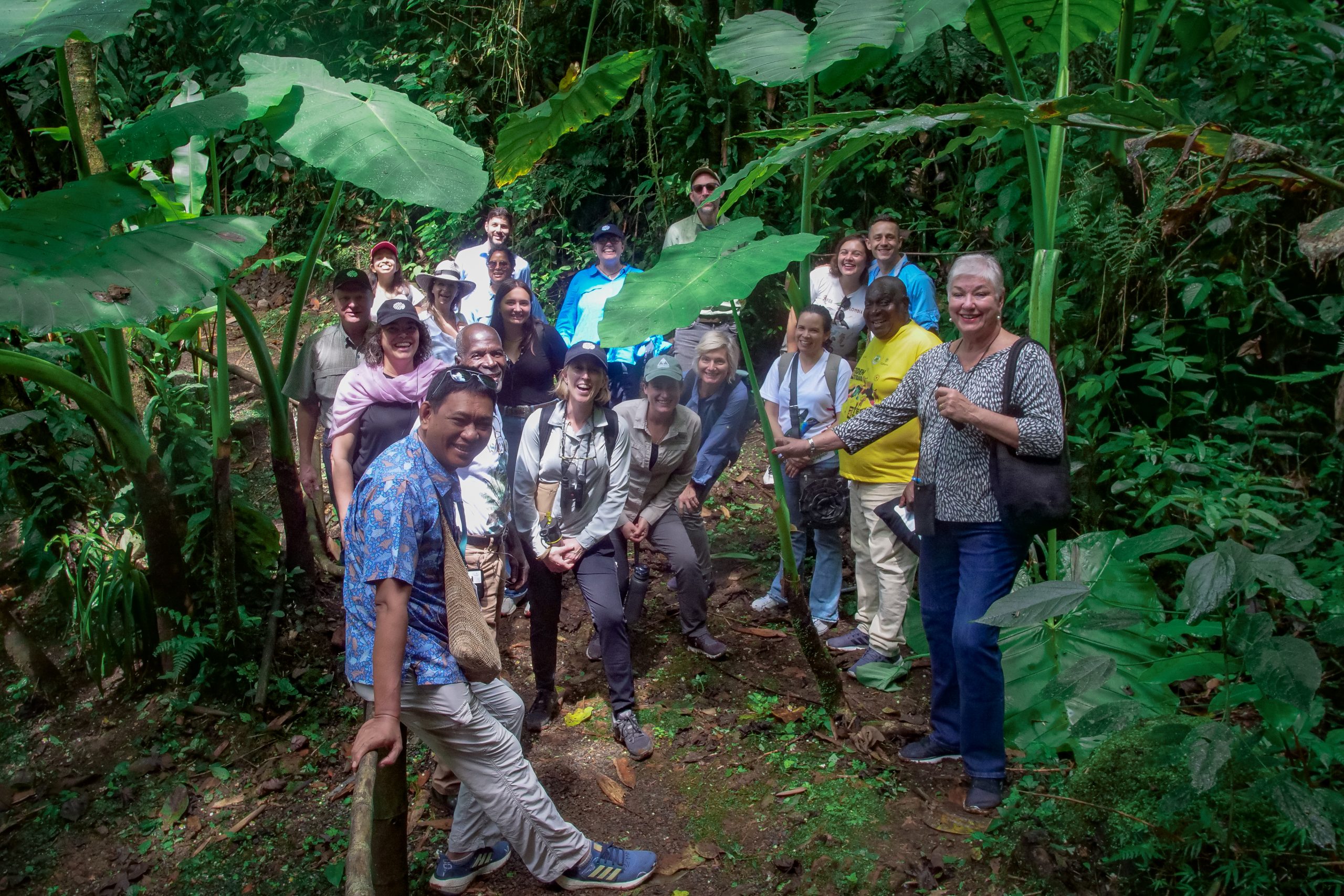For a while now, I’ve been reflecting on the critical challenge of funding Indigenous Peoples and local community-led nature stewardship. Particularly, I’ve been wondering how to do that in a way that doesn’t allow the destruction of nature elsewhere, through offsetting.
We know:
- the annual global financial cost of protecting, regenerating and stewarding nature (US$700b+)
- the financial risks associated with nature loss and
- that current government and philanthropic funding is insufficient to bridge the nature finance gap.
We know:
- Indigenous Peoples and local communities (IP&LCs) are the stewards of the vast majority of the world’s most critical nature stores (including for biodiversity and carbon)
- an alarmingly small amount of climate and nature finance actually gets to the IP&LC groups who are actively looking after nature (less than 1% of climate finance)
- IP&LCs hold the expertise and wisdom needed to steward nature and
- supporting IP&LC-led enterprise based on stewarding nature will flow new sources of finance directly to communities doing the work.
IP&LC-led nature credits or nature certificates based on land and marine stewardship could be one solution.
Detractors of nature credits or certificates often have three main criticisms:
- there will be little demand without regulatory compliance
- there will be little demand without offsetting, and
- without those drivers, the solutions will be so small as to be immaterial.
One of the few highlights at the recent UN Convention on Biological Diversity’s COP16, was the establishment of a permanent subsidiary body to enhance the engagement and participation of IP&LCs in all of the convention processes. Another highlight was the establishment of “the Cali Fund”.
The Cali Fund is designed to share the benefits from uses of digital sequence information on genetic resources more fairly and equitably. More specifically it aims to address how pharmaceutical, biotechnology, animal and plant breeding and other industries benefiting from digital sequencing information on generic resources should share those benefits with developing countries and IP&LCs.
Under the agreed guidelines, large companies and other major entities benefiting commercially from digital sequencing information on generic resources uses should contribute to the Cali Fund, based on a percentage of their profits or revenues. Interestingly, the extraction of digital sequencing information doesn’t necessarily have to damage or destroy nature (which would give rise, at minimum, to an ethical need to compensate for impact). However, digital sequencing information is dependent on nature (giving rise, at minimum, to an ethical need, for those who benefit from it, to contribute to maintaining the health and resilience of nature).
As the Cali Fund wasn’t created as a consequence of negative impact on nature, it’s not linked to offsetting. It was created to support the health and resilience of nature and to more fairly and equitably share the benefits.
If the Cali Fund is directed (at least in part) to purchase IP&LC-led nature credits or certificates, it will create a ready source of demand. In addition, it can be used as a model for other businesses or sectors that have a dependency on nature to establish similar funds to support the health and resilience of nature, their businesses and the people who are best placed to steward nature.
While the Cali Fund is currently voluntary, it may well be mandated in the future. And while IP&LC-led nature stewardship credits or certificates may be niche, they could be a small but important source of revenue for IP&LCs into the future, particularly when combined or stacked with other revenue streams.
It’s not a quick fix or the only solution. The Cali Fund is likely to take years before funds start to flow. Nature credits or certificates are one tool in a whole toolbox of solutions needed to regenerate, protect and steward nature. What it does provide, however, is an example of how funds like these can be established to drive new investment into IP&LC-led nature stewardship and deliver positive outcomes for nature, people and the economy.


